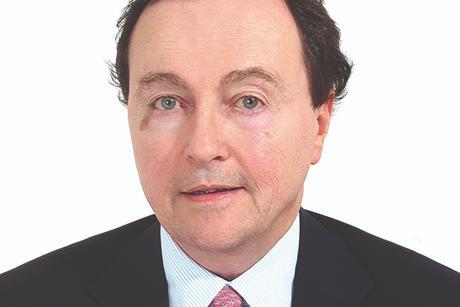Comment
IPE’s columnists and guest writers dig into the hot topics for the pensions and investment industries with thoughtful commentary and reaction from around the world
Culture is now too important to leave informal
The institutional investment market needs to consistently evidence its beliefs about culture, argues Bev Shah, co-CEO at City Hive
Thoughtful engagement with AI is not longer an option for asset managers and pension funds
The arrival of AI into the investment process has the potential to vastly amplify existing research-related information disparitie
Sustainable capitalism should ditch Milton Friedman’s flawed approach
Nobel Prize-winning economist Milton Friedman’s influence on corporate behaviour and investment philosophy continues to resonate decades after his famous 1970 New York Times article declaring that the sole social responsibility of business is to increase profits.
Pension funds are under the spotlight – it should be seen as an opportunity
Global policymakers are looking to pension funds to be part of the solution to many problems
Pension funds must resist the weaponisation of asset allocation
Concerns about geopolitics are one of many factors involved in pension funds’ asset allocation decisions - yet they are often overemphasised by outsiders
Total portfolio approach is not a quick fix, beware the temptation
Keith Viverito casts a critical eye on the growing shift towards the total portfolio approach
Europe’s pension systems mind the productivity gap
With the continent’s state retirement planning under greater scrutiny than ever before, a major new survey reveals the underlying issues – and proposes several solutions
To build capital markets that work for people, Europe should look to Sweden
Sweden’s capital market success offers the EU a practical model for building inclusive, resilient markets
From net-zero promises to proof – Why investors need a new compass
Manuel Coeslier, head of Mirova Research Center, makes the case for a framework that allows investors to assess a broader spectrum of corporate climate action
European Commission IORP proposals are too slanted to individual pensions
The European Commission’s IORP II reform proposal structurally reinforces individual pensions and is at odds with the successful social partner-led Rhineland model
Reflections on the occupational PEPP (should it ever be proposed)
The EU’s planned occupational PEPP could reshape cross-border pensions if key tax and regulatory hurdles are resolved
Jakob Thomae & Ben Caldecott: “There is growing evidence that a set of technologies powered by computers and silicon creates a new set of risks that may cause societies to break”
Every system has its limits – boundaries at which it breaks. We know this about us individually. We know this about families. And since 2009 and the work of a group of scientists around Johan Rockström, about the planet too.
Bookmarks
Add articles to your page by bookmarking a page. Simply click the icon on articles or the search results.




















